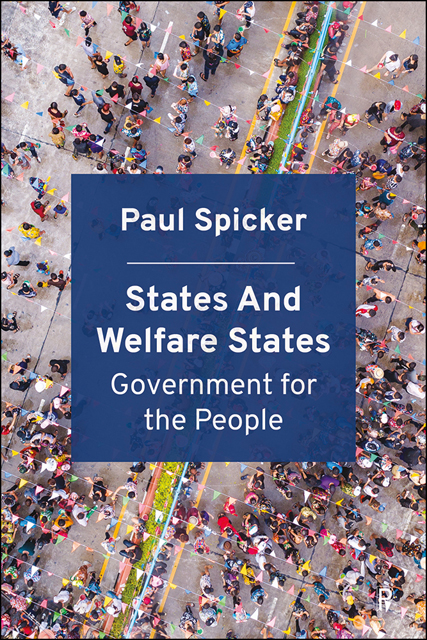4 - The state and civil society
Published online by Cambridge University Press: 20 June 2023
Summary
Summary
Other areas of policy, such as transport, environmental policy or cultural policies, are fragmented and reliant on the role of non-governmental actors. Pluralism, the interaction of many actors with different priorities, is the norm. Although governments have a wide variety of tools they can use and options they can take, the complexity of the process they are engaged in, the constraints that governments work under and the reliance on civil society make the outcomes uncertain. Governments have to recognise the role of others and adapt their responses accordingly.
In a range of other policy areas, the role of the state is less clearly defined, and arguably less central, than it is in economic or social policy. In fields such as transport, culture or environmental policy, government can regulate, subsidise and engage directly in the field in its own right, but its direct involvement may be marginal: the main actors are typically independent, sometimes communal, sometimes commercial. If we ask what it means to have a ‘policy’ in these fields, governments will offer not a comprehensive set of services, nor a general acceptance of responsibility for whatever happens, but a suite of measures intended to contribute, to encourage certain types of behaviour, to show the way or even simply to establish the government as an actor in the field. In relation to transport policy, governments have been most likely to focus on the infrastructure – road, rail and airports – but direct engagement or control over in the transport facilities that use the infrastructure has been piecemeal, with very different approaches in different places. In the case of cultural policy, it would be an unusual government which took no part in sponsoring some cultural activity – it is part of basic education, and it is often seen as a way of forging a national identity – but equally, it would be an unusual government which sought in contemporary society to play the dominant role in art, music and the performing arts, as the Soviet Union once did. In the field of environmental policy, most governments are not fully, or even mainly, responsible for energy production or consumption; that depends on the infrastructure, the pattern of consumption and supply, and indeed the equipment used by everyone in their populations.
- Type
- Chapter
- Information
- States and Welfare StatesGovernment for the People, pp. 43 - 53Publisher: Bristol University PressPrint publication year: 2022



